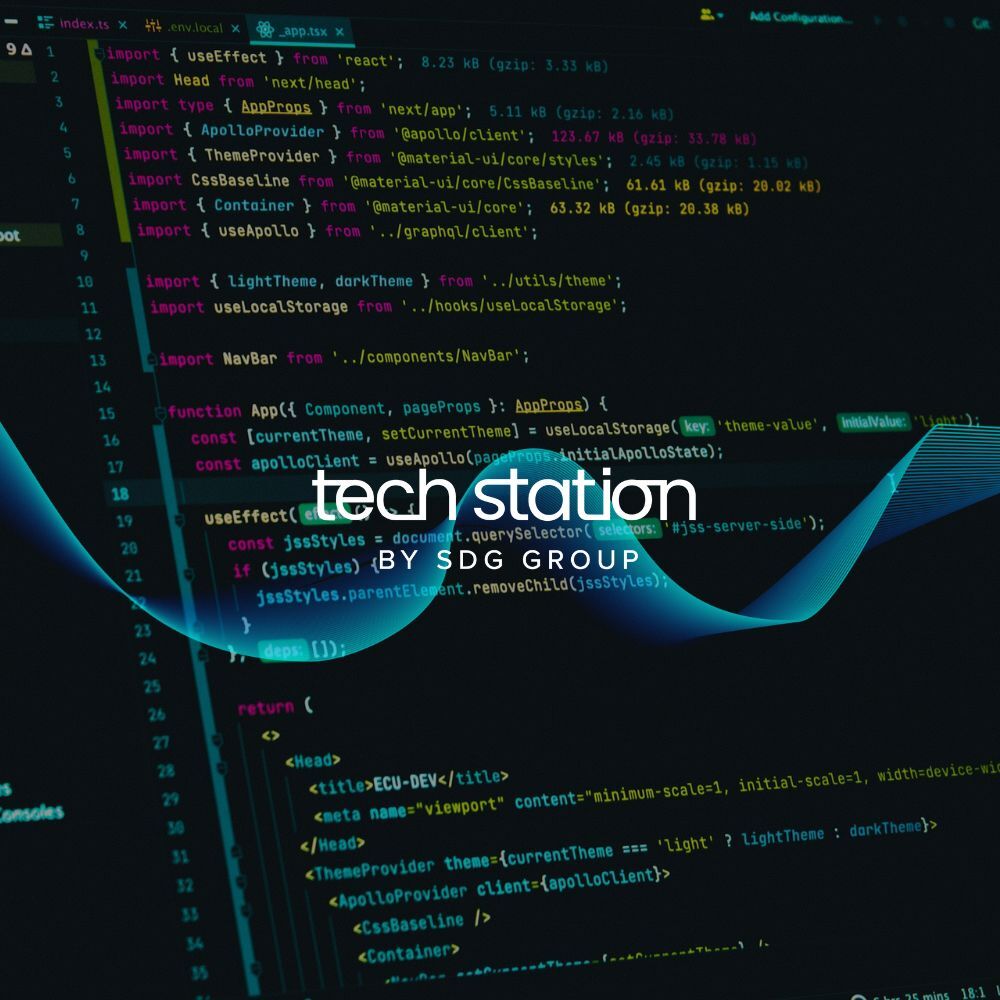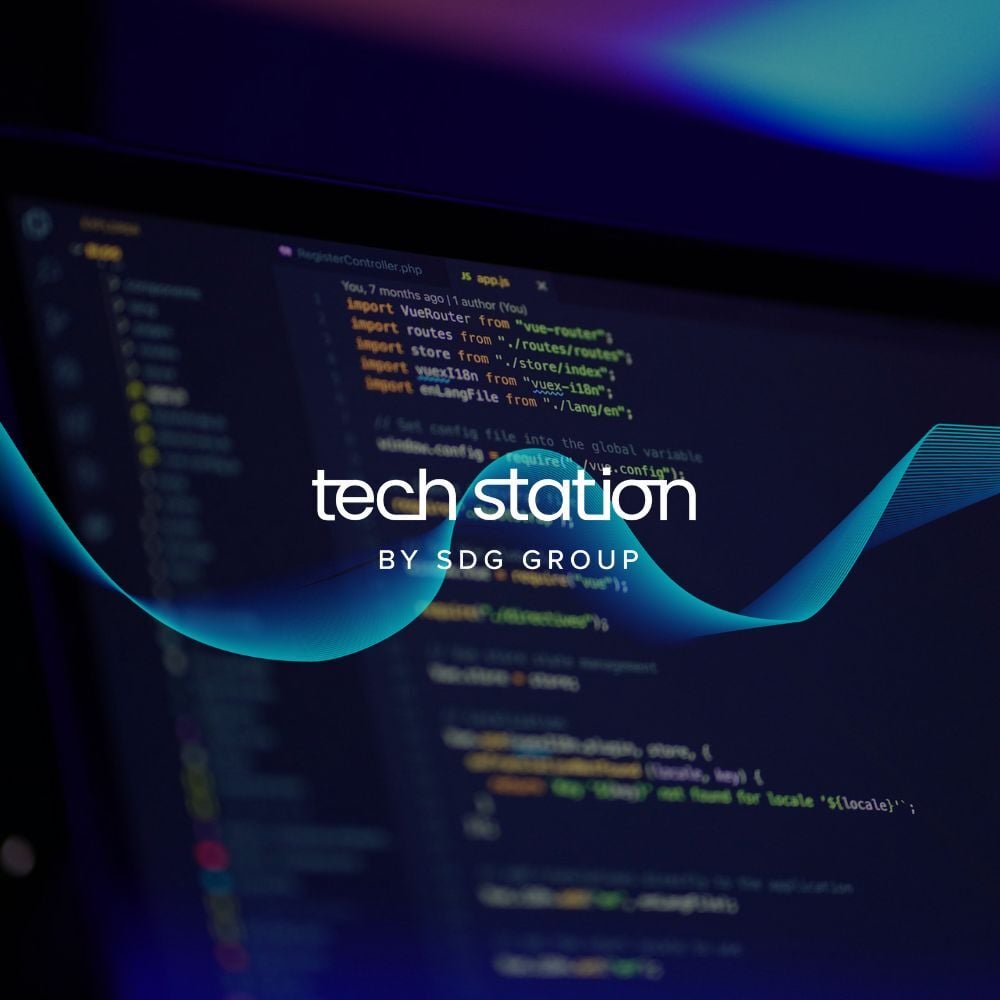Data continues to play a transformational role in the pharmaceutical sector.
Some examples include the consolidation of omnichannel, the implementation of RWD (Real World Data) data to support clinical trials, and the optimization of Next Best Actions models to more accurately anticipate customer needs. To get the most value from this data, it’s essential that companies organize themselves with vision and operate on a strategic level.
To date, many organizations have centralized data management and operations in specialized technical teams that provide services to different areas. This approach can work for companies that are small in size, or with data assets that don't vary much. However, within the context of the pharmaceutical industry - with large multinational companies and varied lines of business - the centralization of data may potentially lead to a bottleneck that prevents agility and quality in data consumption.
This is where decentralized data management in the different business domains comes into play. The Data Mesh approach (originally defined by Zhamak Dehghani) is based on decentralization and distribution of the responsibility to the people who are closest to the data to provide a better response to the needs of the business. In this decentralized approach, data is managed by a single team of people, often divided into different data products that are owned and managed by domain teams distributed throughout the business (for example, areas such as Patient Engagement, Trade Excellence, and Finance).
As basic elements that enable this approach, there is a data infrastructure that acts as a self-service platform, providing tools to business users so that they can manage their data and experiment with it in an agile and autonomous way. This approach also proposes the implementation of a federated data governance layer to ensure the interoperability of the different data “packaged products”. The set of needs and trends around data in the pharmaceutical industry make it a candidate to benefit from decentralization approaches to data management.
Depending on the scalability requirements and the complexity of the organization, this type of approach can provide:
1. Agility and Speed in Value Delivery
Enable teams to autonomously access the data they need and create data products for themselves, regardless of whether they are commercial data, chemical test data, or data from a specific subsidiary.
2. Improved Data Quality and Accountability
As these are packaged data products created by and for the business, quality goes hand-in-hand with the data exploitation and analytics needs of the business itself. This approach allows the business to manage various notable data quality cases in the pharmaceutical sector (GxP regulated data, traceability requirements in clinical trials, sensitive data treatment) in a precise and customizable way.
3. Enhanced Innovation
By putting business users themselves in control of data consumption and management, cross-domain collaboration and data sharing is promoted, organically generating new results for the business.
In short, the decentralization of data management in the business is an approach that will allow many organizations in the pharmaceutical sector to adopt the emerging trends of the industry and follow the path towards a Data-Driven organization.
Original article in Spanish published in PMFarma. View here.
.png?width=2000&name=SDG%20-%20Logo%20White%20(1).png)








%20(3).png)
.jpg)
-2.jpg)
.jpg)





%20(2).png)


